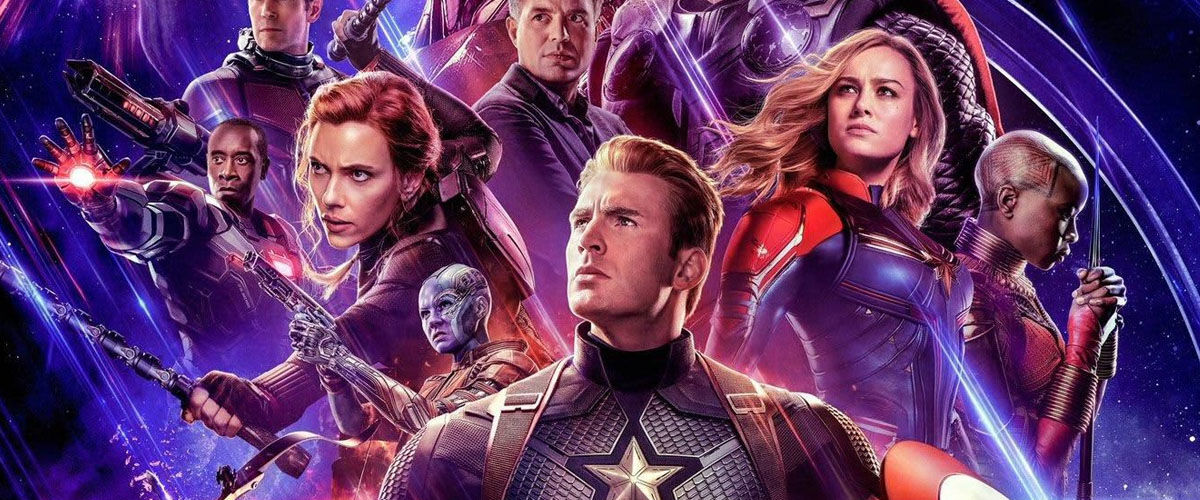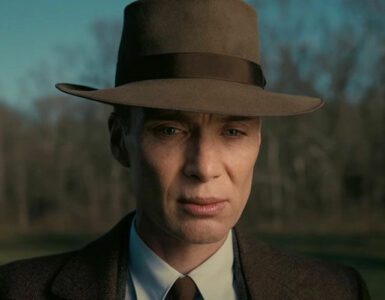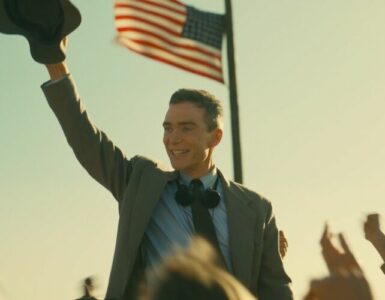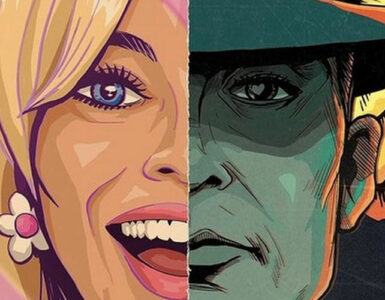Renowned filmmaker Martin Scorsese‘s less-than-positive feelings on comic book and franchise culture is widely-known, and he’ll continue to stand by his words. In particular, he isn’t pleased with how effects-driven popcorn movies are now the Hollywood norm, and believes that it’d lead to the slow demise of creativity and true cinema.
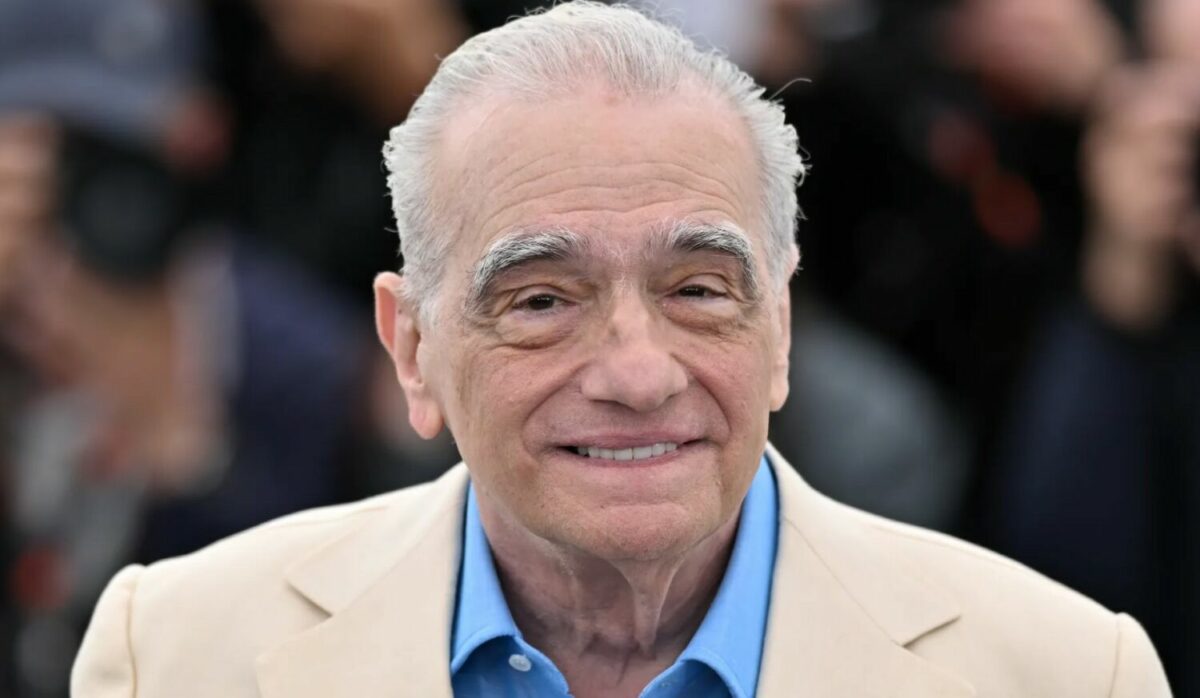
“Well, the industry is over,” Scorsese told GQ magazine. “In other words, the industry that I was part of, we’re talking almost, what, 50 years ago? It’s like saying to somebody in 1970 who made silent films, what do you think’s happened?”
The problem, according to the auteur, is a misconstrued perpetuation of what a film should be, based on the impact of big-movie franchises. “The danger there is what it’s doing to our culture,” he said. “Because there are going to be generations now that think movies are only those—that’s what movies are.”
“They already think that,” he agreed. “Which means that we have to then fight back stronger. And it’s got to come from the grassroots level. It’s gotta come from the filmmakers themselves. And you’ll have, you know, the Safdie brothers, and you’ll have Chris[topher] Nolan, you know what I mean? And hit ’em from all sides. Hit ’em from all sides, and don’t give up.”
“Let’s see what you got,” he continued. “Go out there and do it. Go reinvent. Don’t complain about it. But it’s true, because we’ve got to save cinema.”
While some are quick to call him out for mentioning Nolan, who helmed the Dark Knight trilogy, the industry veteran is likely referring to his other works, including Inception and the recent Oppenheimer. Conversely, he describes superhero and comic book movies with a strong reliance on special effects as “manufactured content” that no longer represent cinema.

“It’s almost like AI making a film,” said Scorsese. “And that doesn’t mean that you don’t have incredible directors and special effects people doing beautiful artwork. But what does it mean? What do these films, what will it give you? Aside from a kind of consummation of something and then eliminating it from your mind, your whole body, you know? So what is it giving you?”
The filmmaker, who’s on the press cycle for his upcoming movie Killers of the Flower Moon, highlighted the example of his 2006 thriller The Departed, a reboot of the 2002 Hong Kong film Infernal Affairs. Revealing that Warner Bros. wanted one of the two leads — Leonardo DiCaprio’s Billy Costigan and Matt Damon’s Colin Sullivan — to live, he recognised the studio’s intentions to milk it for sequels, instead of being a creative call.
“What they wanted was a franchise. It wasn’t about a moral issue of a person living or dying,” Scorsese recalled.
Ironically, the movie went on to become his first and only Oscar win for best director.

Killers of the Flower Moon is slated for release on 20 October. It will open first in theatres and launch on Apple TV+ at a later date, with DiCaprio, Robert De Niro and Lily Gladstone leading a story about the FBI investigation of a series of murders involving Osage people that took place in Oklahoma in the early 1920s.

